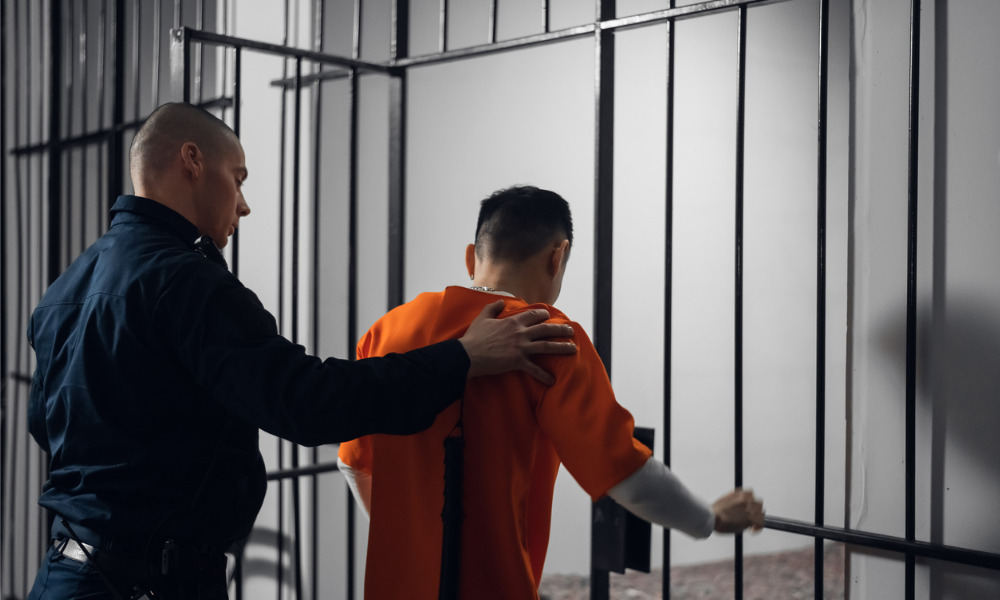
Kyung Yup Kim is the longest-serving prisoner not to face trial in NZ's modern history

The Supreme Court has permitted a New Zealand citizen’s extradition to China so that he can stand trial for murder.
Korean-born New Zealand citizen Kyung Yup Kim was accused of fatally beating and strangling 20-year-old Peiyun Chen while visiting Shanghai in 2009. He was arrested in 2011 and in 2013, the District Court ruled that he could be extradited to China.
In 2016, the High Court affirmed the decision of then-Minister of Justice Amy Adams to surrender Kim to Chinese authorities. However, the ruling was reversed in the appeals court three years later, ensuring that the case went to the top court.
Kim is the longest-serving prisoner not to face trial in New Zealand’s modern history, having spent five years incarcerated and another three on electronic monitoring. In his appeal to the Supreme Court earlier this year, Kim alleged that if he was forced to stand trial in China, he could face torture, risk not receiving a fair trial, and be deprived of emergency healthcare.
In a 3-2 decision handed down on 13 April, the Supreme Court quashed the Court of Appeal’s 2019 ruling, reinstating Adams’ decision to extradite Kim to China. Supreme Court justices determined that there was “no real risk” that Kim would be tortured.
“While the prohibition on torture is absolute, if no substantial grounds exist for believing an individual accused is at risk of torture because of the assurances provided, the individual should not avoid prosecution for a serious crime,” the court said.
The court also accepted the Crown’s submission that Chinese authorities would honour Kim’s right to a fair trial.
Tony Ellis, the lawyer representing Kim, told the NZ Herald that the decision was “a bad example of the only western country to agree to extradite somebody to China” and a “backwards step for international human rights law of some significance.” Nonetheless, the Herald reported that Ellis intended to delay the Supreme Court’s orders through a number of means.
The lawyer is currently requesting current Justice Minister Kris Faafoi to reconsider the extradition decision due to Kim’s existing health issues, which include depression, a brain tumour, and liver and kidney disease. Ellis will also reportedly request an injunction from the United Nations Human Rights Committee.
“New Zealand has never been faced with that before so we don’t really know whether they will agree to it or not,” Ellis told the Herald.